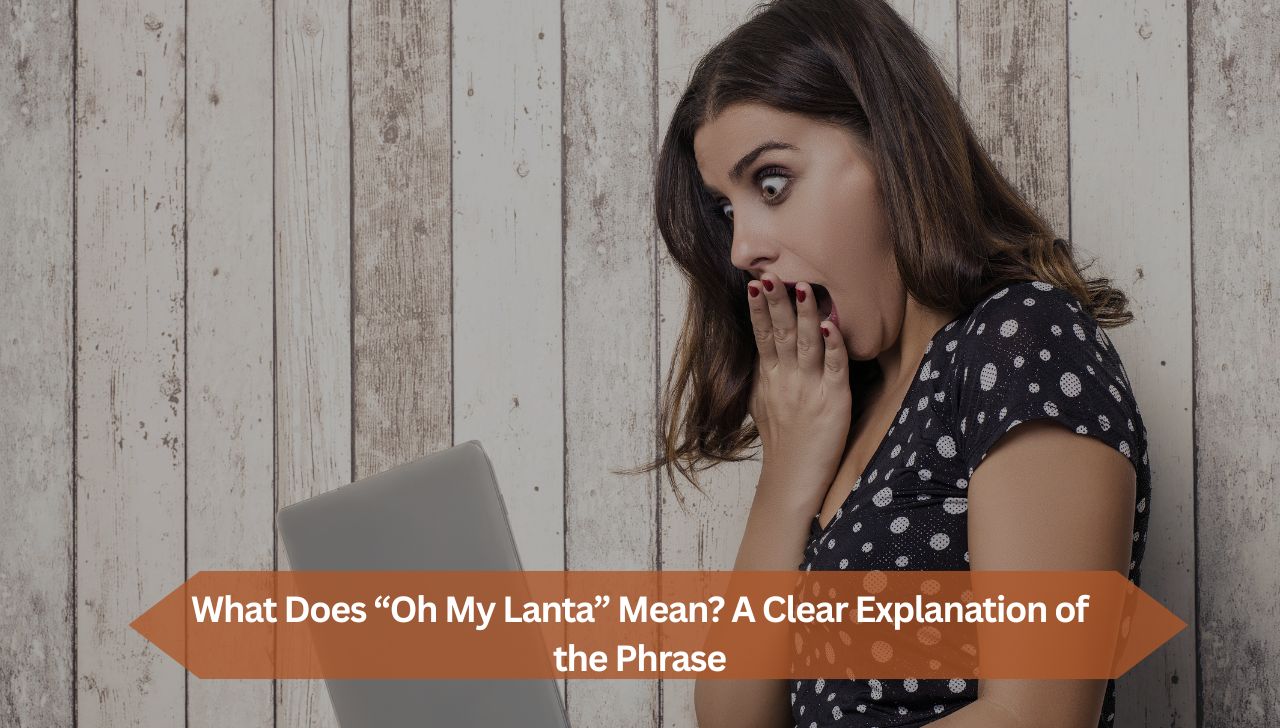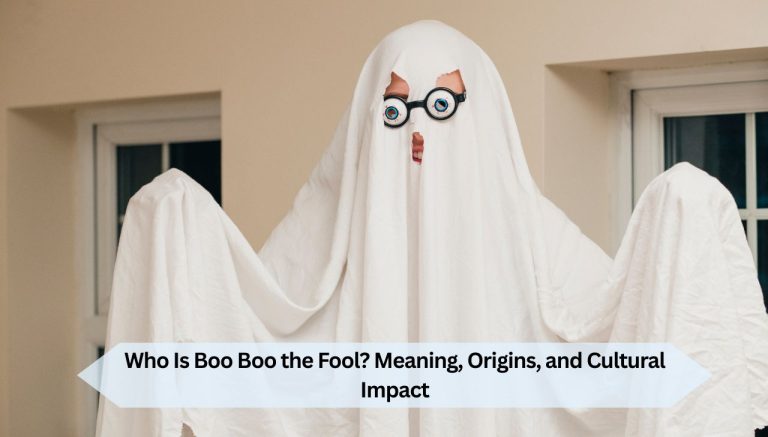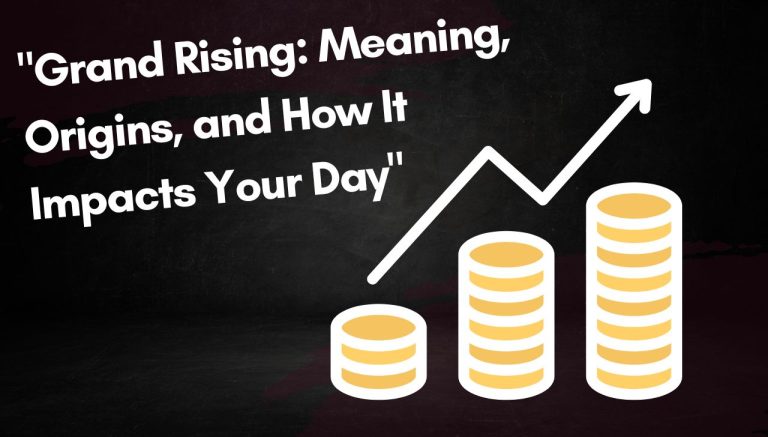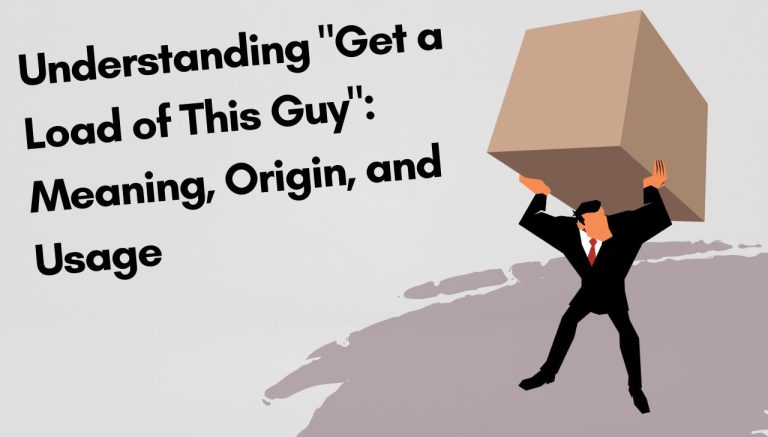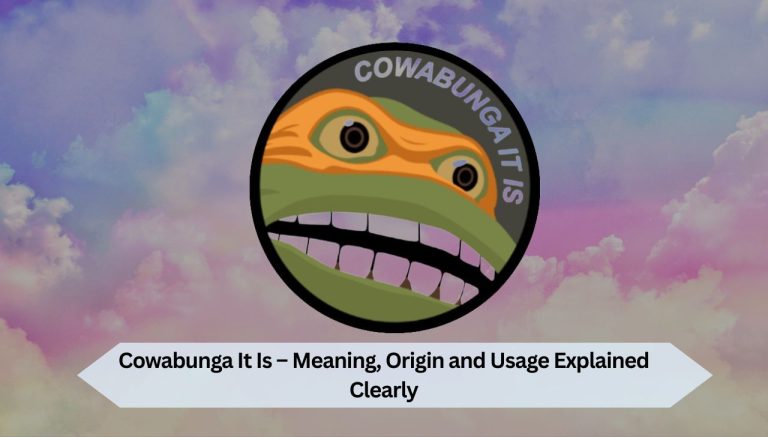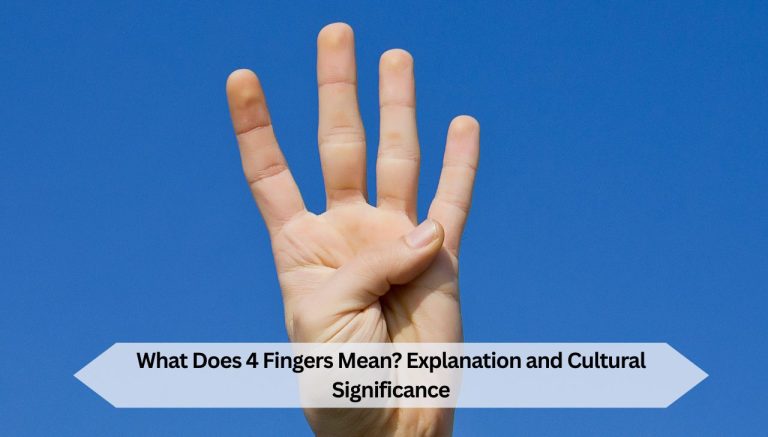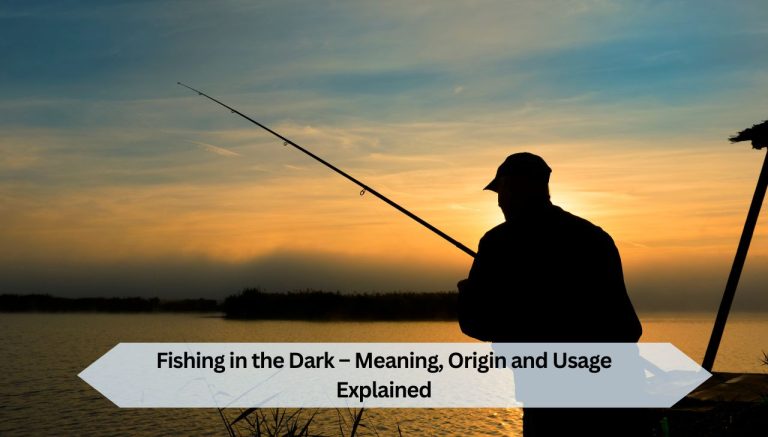What Does “Oh My Lanta” Mean? A Clear Explanation of the Phrase
Ever heard someone say, “Oh my lanta!” and paused for a second, wondering what on earth they meant? You’re not alone. The phrase sounds playful, almost too innocent. It feels familiar, yet not quite like anything you’d expect to hear outside a family sitcom. Still, it’s managed to stick around for decades. Let’s unpack it.
What Does “Oh My Lanta” Mean?
In simple terms, “Oh my lanta” is just a G-rated way of saying “Oh my God.” It’s a softer, more humorous take on an expression of surprise, disbelief, or mild shock. Think of it as the verbal version of raising your eyebrows and putting a hand over your mouth.
It’s meant to express emotion—usually something funny, awkward, or unexpected. And because it’s so harmless, you might hear it from people who want to avoid swearing or religious references.
The Origin of “Oh My Lanta”
Here’s where it gets interesting. The phrase likely started as a clever play on the name of a real antacid brand: Mylanta. If you’ve ever suffered from heartburn, you’ve probably seen it on a pharmacy shelf. Somewhere along the way, people twisted “Oh my God” into “Oh my lanta” to make it sound quirky and tame.
The link to the product adds an odd layer of irony. Imagine being so shocked you need an antacid—that’s kind of the joke. It was campy, it was clean, and people remembered it.
Find Out More : Understanding “Grool”: Meaning, Origins, and Usage
Who First Said “Oh My Lanta”?
The phrase shot into pop culture thanks to Full House, the family sitcom that aired from 1987 to 1995. One of the show’s stars, Candace Cameron Bure, playing D.J. Tanner, was known for saying it. And believe me, once it aired on national TV, it caught on fast.
Later, it carried over to the reboot series Fuller House, where the nostalgic line got new life. For fans, hearing “Oh my lanta!” felt like running into an old friend. It became a verbal signature.
Even if you’ve never watched a single episode, there’s a good chance you’ve heard the phrase in passing. That’s the magic of a good catchphrase—it sticks, even when you don’t know where it came from.
Why People Say “Oh My Lanta” Today
Let’s be honest: some phrases just sound fun. “Oh my lanta” rolls off the tongue with a kind of exaggerated drama. It lets you react without being offensive. And in a world where people are more mindful of what they say, that matters.
It’s also got that throwback charm. Saying it today might be part irony, part nostalgia, part comedy. You might hear it in a group chat, a TikTok video, or even at work—especially when someone drops their coffee or gets an unexpected email. In a way, it’s a Swiss Army knife of expressions. Safe, silly, and just weird enough to get a laugh.
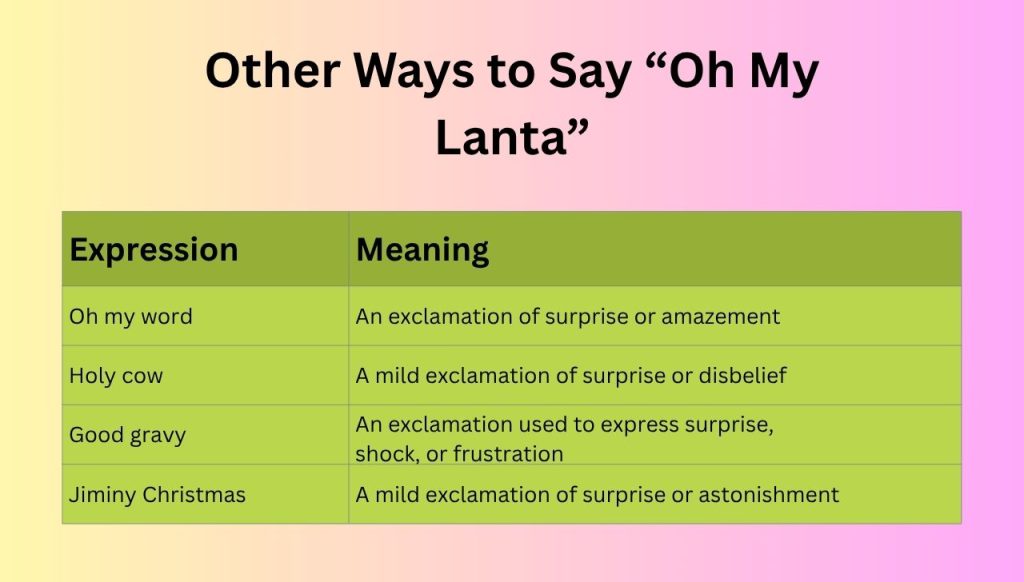
Other Ways to Say “Oh My Lanta”
If you’re digging the vibe but want some variety, here are a few clean alternatives:
| Expression | Meaning |
|---|---|
| Oh my word | An exclamation of surprise or amazement |
| Holy cow | A mild exclamation of surprise or disbelief |
| Good gravy | An exclamation used to express surprise, shock, or frustration |
| Jiminy Christmas | A mild exclamation of surprise or astonishment |
| Jeepers creepers | A phrase used to express surprise, fear, or disbelief |
| Oh snap | An exclamation used when something surprising or unexpected happens |
| Shut the front door | A phrase used to express astonishment or disbelief |
All of these carry the same dramatic flair without going anywhere near profanity. They let you keep it light, keep it weird, or just keep it family-friendly.
You might even come up with your own twist. That’s how slang evolves. Someone riffs on a phrase, and boom—new expression born.
Find Out More : What Is the Meaning of Let’s Blow This Popsicle Stand? A Clear Definition and Guide
Conclusion
So, what does “Oh my lanta” mean? It means surprise. It means mild shock. It means laughter without offense. Born from an antacid commercial and raised on ’90s TV, the phrase found its home in American pop culture. And it’s still around, proving that sometimes the oddest expressions stick the longest.
Next time you hear someone say it, you’ll know they’re not talking about indigestion. They’re reacting—with style. And now, you’ve got a few options of your own to toss into the mix. Language doesn’t always have to be serious. Sometimes, it just needs to make people smile. And really, isn’t that the best part?
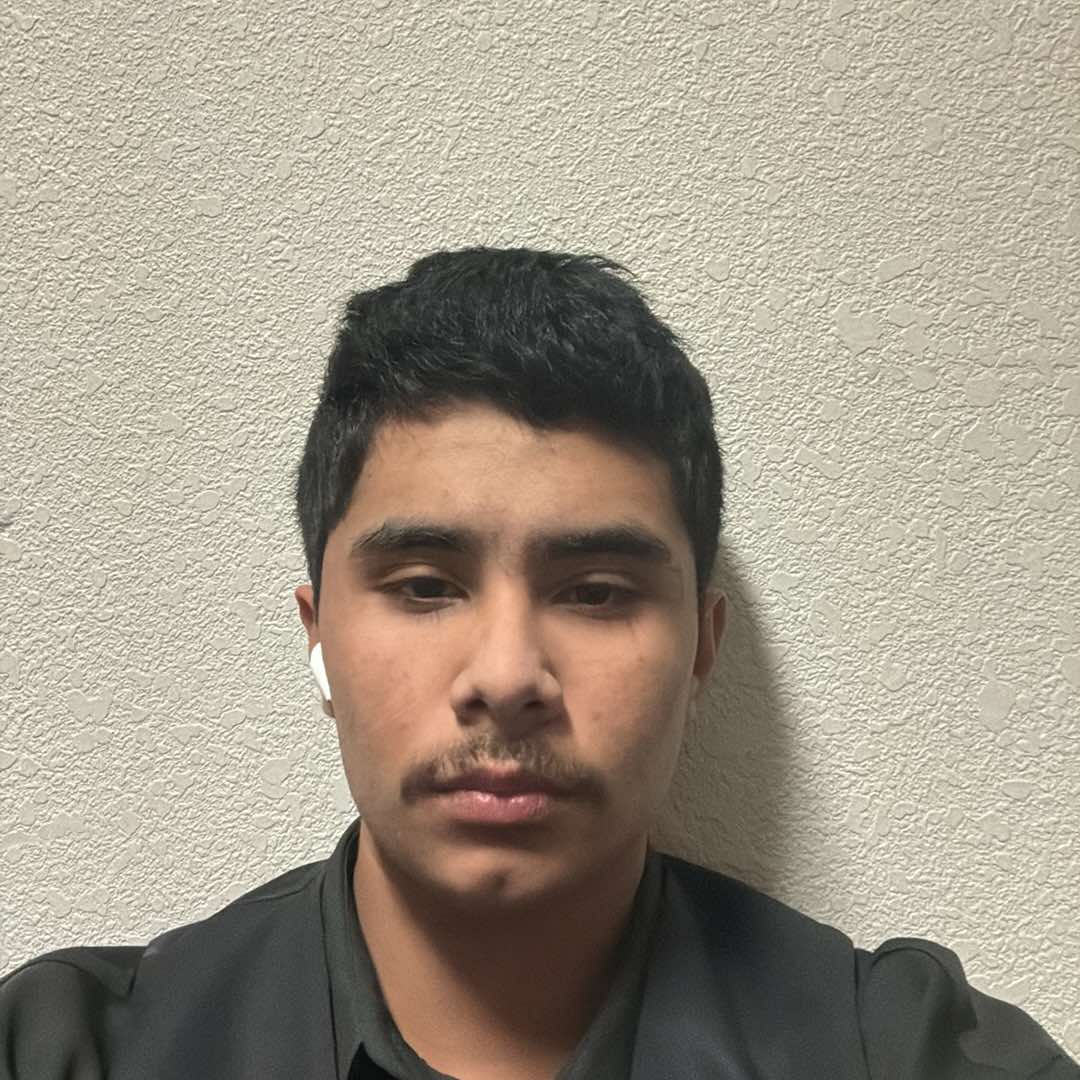
A former editor and grammar geek, David Langford has spent years refining the art of clear communication. He combines his journalism background with a knack for teaching, offering straightforward tips to master tricky grammar rules. When he’s not proofreading, he’s probably debating Oxford commas.

